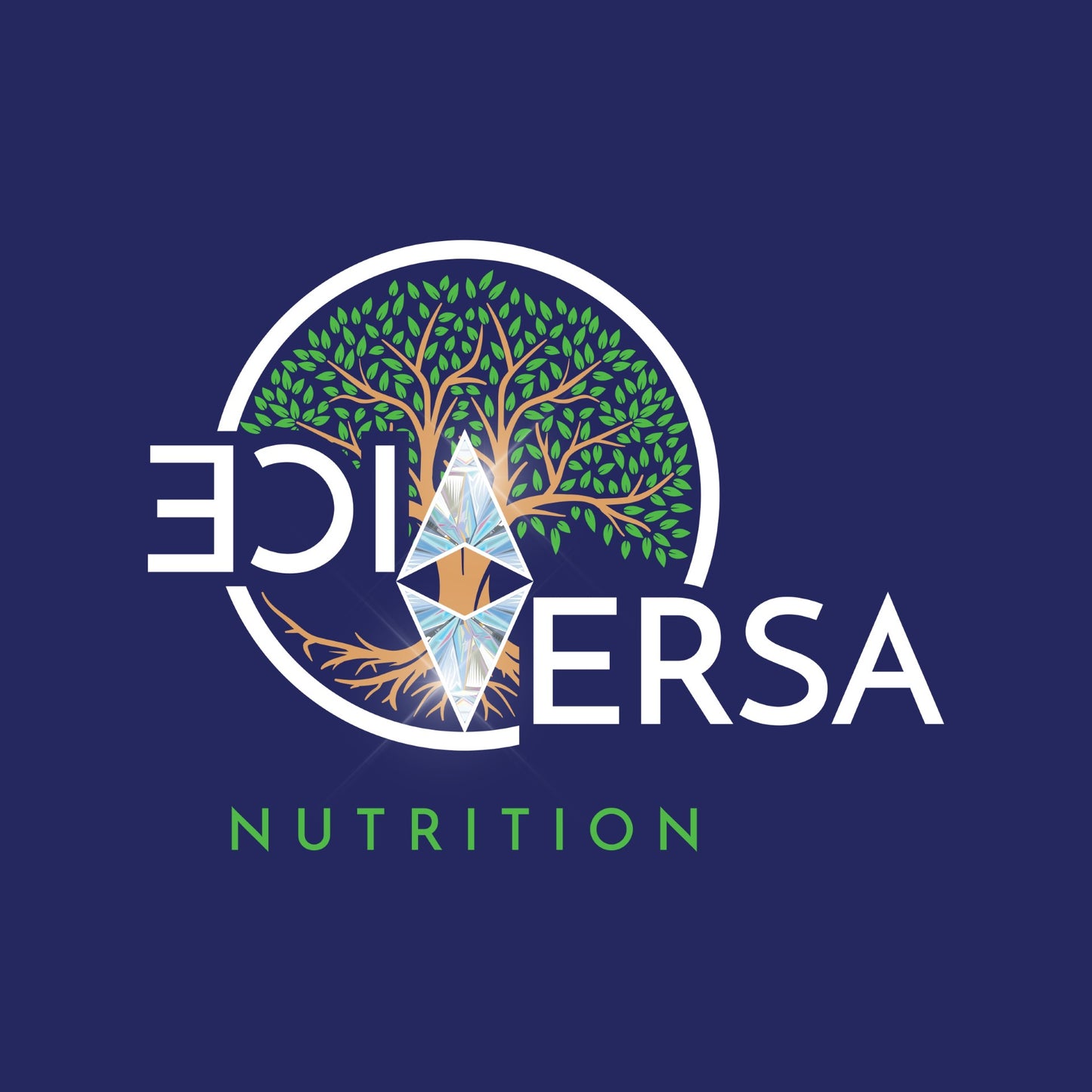
In the universe of limitless possibilities, there’s one that can dangerously influence our lives. The formidable entity wrapping our behaviours with bad decisions is none other than addiction.
This complex nature of addiction is not only about substances but also about the psychological and physical sides that can affect our everyday habits.
Let’s discuss those sides of addiction and find ways to overcome the grip of it.
The psychological depth of mind
Whether it’s substances or habits, it starts in our minds. Addiction is closely connected with our brain’s reward system, a.k.a. dopamine, which gives us the feeling of comfort and escape. This also manifests when we engage in repetitive habits all day, every day, which creates a fake web that is very hard to get out of.
The physical depth of mind
Now, have you ever wondered why you can’t stop checking your social media or the need to eat fast food? You guessed it - addiction. Doing these things has enslaved our behaviours because our bodies have become accustomed to the level of stimulation, and anything out of the ordinary causes withdrawal symptoms.
How to overcome addiction?
The first step is self-awareness. You have to learn how to recognise the patterns and triggers and how the addictive habits affect your life. This practice should be followed every day, as it’s the only way to escape the habits that keep us captive. On the other side, strategies such as cognitive-behavioural therapy, mindfulness meditation or rational emotive behaviour therapy have proved that they can help almost any individual to overcome the fight against addiction.
Another great thing is focusing on meaningful activities with personal values, which will redirect our focus and vibe towards positive habits.
1. Takes Small Steps Of Setting Patterns
Patterns do not become patterns right away. They take a certain time and effort to do so. Similarly, actions and activities take time and consistent effort to become a habit. Suppose, you drink at least one time a day daily, but you are thinking of becoming sober and leaving drinking. So if you quit drinking at once suddenly, it may lead to some withdrawal risks. Instead, limit your drinking to smaller patterns. Setting small and approachable goals like allowing yourself just one drink with only dinner instead of one drink with each meal. Such goals allow you to follow them easily and keep track of their progress to see how well you are doing. The process also motivates you to move on swiftly in achieving your goals.
2. Stay Away From Temptations That Help Feed Your Addiction Or Bad Habits
It is a much easier task to avoid temptations than it seems. When you stay near places or things that trigger your temptation, you automatically support your bad habits or addiction. The universe consists of tons of fun activities and you do not need to go to a bar or a club just to enjoy and have a fun time. If you encounter a situation where your friends force you to go with them to take drugs or drink when you are trying to become sober, then it's time for you to be truthful and confront them. Remember, good friends always help you to achieve goals and become a better person, not the other way around.
Think how badly you are adamant to achieve your goals of breaking your bad old habit and creating a new positive one. Now use that power and motivation to remove the temptations that trigger your bad habit. Apart from places and things, some people also trigger your habits. Therefore, it is the best option to avoid such people and their company to prevent any temptations.
3. Replace Your Old Habits With New Similar Ones
Find some alternative activity that resembles your current bad habit. If you have just one option of quitting the habit and staying constant, then it will surely impact your choice. But if you have more than one option, in which one is new and good and one is old but habit. Then this will give you a better chance to choose a new option that helps you become better and leave your old habit reluctantly.
For instance, people who have a habit of using drugs face anxiety or stress. They tend to use drugs to relieve their stress rather than not take any drugs and deal with stress. When they use drugs, they will reach a higher level where they don't feel anything, but when they don't use drugs they stay at the same stressed status and feel a ton of emotions. However, if you think you have two options to choose from like using a drug or going out for a walk to relieve stress, then you definitely like to pick walking. Walking not only de-stress the mind but also keeps you healthy and makes you better.
When you go out drinking with your friends, try other non-alcoholic drinking options. This way, you still enjoy your company with your friends and have a drink that tastes better but the only difference is you are not contributing to your bad drinking habit. Once you start replacing your bad habits with good habits, you'll most likely always choose the good ones.
4. Love Yourself
Loving and caring for yourself is one of the key factors that frees you from your bad habits and addictions. It is so hard to fight against the temptations and bad habits. But you can keep this fight up with your strong love and strong passion for you. Whenever you find yourself struggling against your addictions and bad habits, ponder whether it's really the better version of you. If you love yourself, you can't just give yourself into the hands of bad habits just for temporary pleasure, which leads you to the worst conditions. Whatever you do, you own your actions and you have to bear the consequences that come with it.
Give yourself some time and think about how the decision will impact you in the future. This is the only way that helps you make the right choices for you. We are human beings and tend to make mistakes. But learning from those mistakes and struggling to become a better person makes us real humans.
Accept your past mistakes, acknowledge them, and learn from them. You definitely don't want to go through all those traumas again, so this is a time when you can start fresh. Make realistic and practical goals of quitting your bad habit, find a replacement, and work on it gradually so that you'll reach your destination soon.
“Guided by self-awareness and healthy habits, we can overcome any type of addiction.”
Note: While this is focused on understanding and changing habits, addiction is a complex and multifaceted issue. Seeking professional help and guidance is essential for those dealing with addiction.
Book Recommendation: "The Power of Habit" by Charles Duhigg is a transformative exploration of the science behind habits and how they can be harnessed to overcome addiction. Duhigg delves into the neurological patterns that shape habits and provides valuable insights into how individuals can break free from destructive behaviours.
Thank you for taking the time to read this blog post, I hope you achieve all your health goals in 2024. Have a great day!
